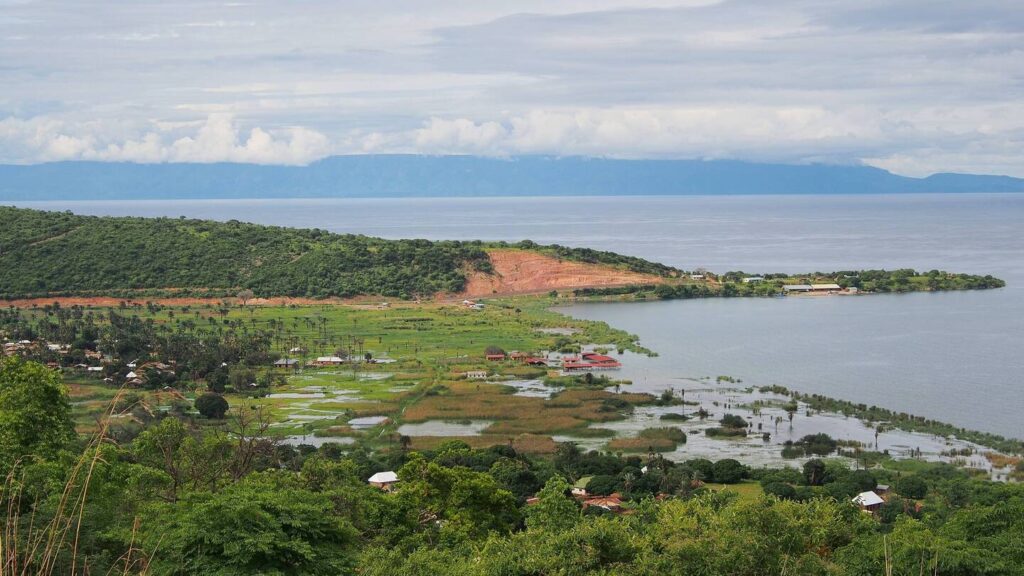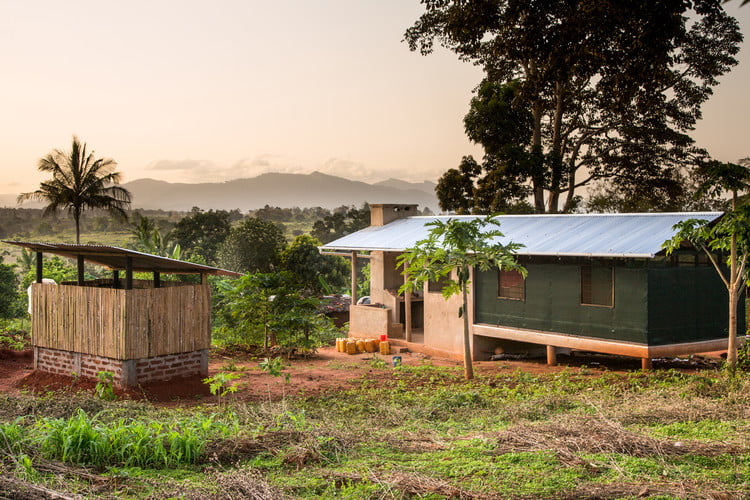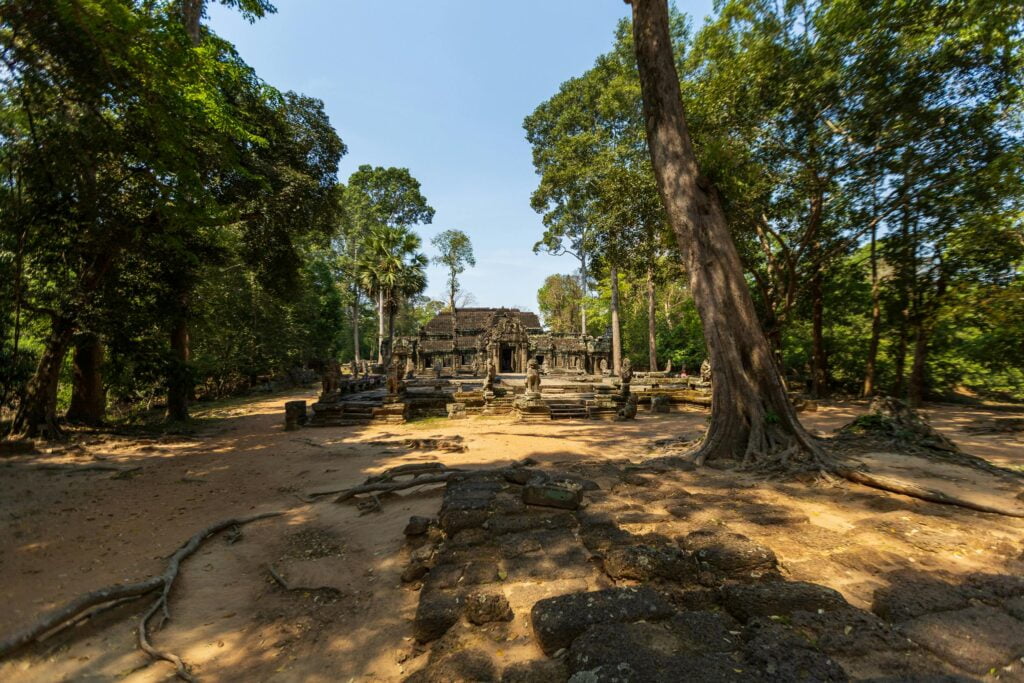Kilwa Kisiwani: Unveiling the Ancient Treasures of Tanzania’s Historic Island
Kilwa Kisiwani, a UNESCO World Heritage Site, is a treasure trove of Swahili history and architecture. Situated off the southern coast of Tanzania, this ancient island once thrived as a major trading hub in the Indian Ocean. This blog post delves into the rich history, archaeological wonders, and cultural significance of Kilwa Kisiwani, making it a must-visit destination for history enthusiasts and curious travelers alike. Historical Significance Ancient Trade Hub: Kilwa Kisiwani was a key player in the medieval Indian Ocean trade network, exchanging gold, ivory, and slaves with merchants from Arabia, Persia, and India. Its prosperity is evident in the grandeur of its historical structures. Swahili Civilization: The island exemplifies the Swahili culture, characterized by a blend of African, Arab, and Persian influences. This unique cultural fusion is reflected in the island’s art, architecture, and societal norms. Architectural Marvels Great Mosque of Kilwa: One of the largest mosques in East Africa, the Great Mosque showcases intricate stone carvings and impressive arches, highlighting the architectural prowess of the Swahili builders. Hassan Ibn Bulhan Complex: This complex includes a palace, mausoleum, and a Great Mosque, serving as a testament to the island’s historical importance and the legacy of its rulers. Ruins of Husuni Kubwa: The remnants of this grand palace reveal the opulence and sophistication of Kilwa’s past, offering a glimpse into the lives of its elite inhabitants. Cultural Heritage Swahili Traditions: Kilwa Kisiwani remains a living example of Swahili traditions, including music, dance, and craftsmanship. Visitors can witness traditional practices that have been preserved over centuries. Local Community: Engaging with the local community provides insights into how the island’s rich history continues to influence contemporary life. Artisans, fishermen, and storytellers keep the island’s heritage alive. Exploring Kilwa Kisiwani on Safari Guided Historical Tours: Future African Safari offers guided tours led by knowledgeable historians and archaeologists, ensuring a comprehensive understanding of Kilwa’s historical and cultural significance. Scenic Boat Rides: Enjoy scenic boat rides to and from Kilwa Kisiwani, experiencing the island’s natural beauty and the tranquility of the Indian Ocean. Cultural Workshops: Participate in workshops where you can learn traditional Swahili crafts, such as pottery and weaving, providing a hands-on appreciation of the island’s cultural heritage. Kilwa Kisiwani is more than just an island; it is a living museum that encapsulates centuries of history, culture, and architectural brilliance. By visiting Kilwa Kisiwani with Future African Safari, travelers can immerse themselves in the rich tapestry of Tanzania’s Swahili heritage, making their safari experience truly unforgettable. Book With Us
Kilwa Kisiwani: Unveiling the Ancient Treasures of Tanzania’s Historic Island Read More »











